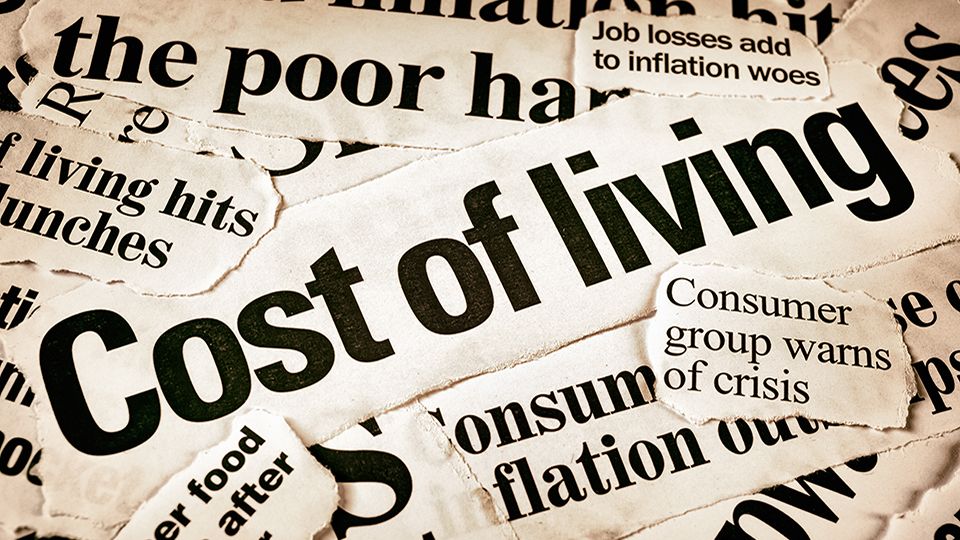Legal and General Investment Management, Aviva Investors and AXA Investment Managers are among 15 investors worth £2.37trn in assets under management targeting cost-of-living measures this AGM season.
The groups, which are part of ShareAction’s Good Work Coalition, have signed a statement urging businesses to:
- Ensure the lowest-paid workers, who are disproportionately impacted by the rising cost of living, are adequately targeted in pay awards that meet the current rate of inflation;
- commit on a long-term basis to paying the real living wage to all employees across supply chains, including third-party contracted staff; and
- provide secure work, through guaranteed working hours and fair and accurate contracts.
The Good Work Coalition will write to companies ahead of their AGMs asking boards about their position on these asks. ShareAction will be attending the AGMs of companies such as Deliveroo, Sainsbury’s, Tesco, Next and JD Sports on behalf of the coalition to push the firms to address inequality in a cost-of-living crisis through fair remuneration policies.
Many UK households are struggling with the pressure of the cost of living in the UK, with 7.2 million going without basic goods and services while 4.7 million are behind on paying their bills, according to a report from the Joseph Roundtree Foundation.
“The harshest effects of the cost-of-living crisis are being felt by workers on low wages and those on insecure contracts, who are being forced into difficult choices on how they can meet their families’ everyday needs,” said Dan Howard, head of good work at ShareAction.
“With workers currently experiencing the longest pay squeeze in more than 200 years, there is a risk that the current crisis will further widen disparities in income and wealth that create systemic risks for our wider economy and society as a whole.
“This is why investors are calling on companies to pay fair wages throughout their supply chains and provide decent contracts, which not only protect their workers in the immediate cost-of-living crisis but also serve the long-term interests of the business and society. Businesses that fail to listen can expect to feel more heat from shareholders next year.”
Vaidahee Sachdev, senior impact analyst at Aviva Investors, added: “We call on companies to balance the interests of all stakeholders, paying particular attention to protecting the most vulnerable parts of their direct and indirect workforce and consumer base.
“As employers and as suppliers of essential goods, businesses know the critical role they play in society – their actions today will be instrumental in determining levels of prosperity tomorrow. Longer term, we call on companies and government to step up their actions to tackle the problem of growing inequality in this country – as investors we must play our part in holding companies to account where short-termism exacerbates long-term systemic risks such as inequality.”
This comes as scrutiny on how companies are tackling the cost of living crisis increases.
In October last year CCLA Investment Management and the Church Investors Group (CIG) asked 100 of the UK’s largest companies to outline how they are supporting their low-paid employees during the cost of living crisis, and have said they will vote against executive pay rises next year if explanations aren’t given.
In an investor letter sent to companies including AstraZeneca, BT, HSBC, Shell and Unilever, the groups asked whether support was being given and if so, what proportion of the workforce will be impacted by company initiatives and whether third-party contracted staff are eligible for the assistance. In the event a company has no plans to assist staff, the letter questioned why they will not be acting on this issue.








